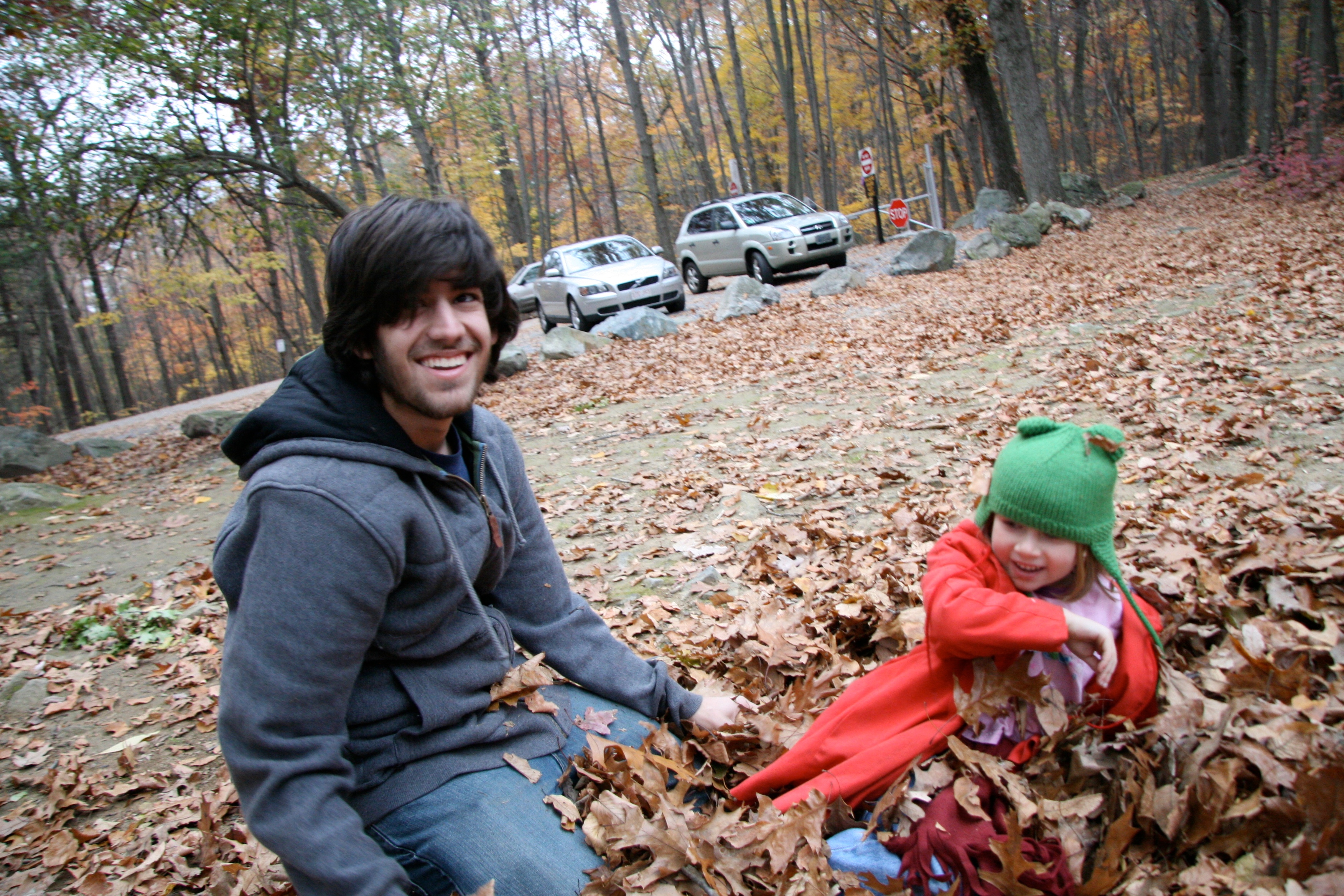Aaron Swartz – How we stopped SOPA

fall in New England, CC BY Quinn Norton
You got the sense that, deep down, they didn’t even think the First Amendment applied when copyright was at issue, which means that if you did want to censor the Internet, if you wanted to come up with some way that the government could shut down access to particular websites, this bill might be the only way to do it. If it was about pornography, it probably would get overturned by courts, just like the adult bookstore case. But if you claimed it was about copyright, it might just sneak through. And that was especially terrifying, because copyright is everywhere.
Aaron Swartz was an activist who dedicated his life to bettering the world trough sharing information over the internet. He helped make the RSS and Creative Commons and he was very clear: Sharing vital information is often more important than following copyright laws.
It feels very apt to start the Kurator podcast out with a talk by Aaron. It comes to you trough RSS and all texts and images will be Creative Commons licensed. And yeah, that other copyright thing…
Today, four years ago, the world woke up to the news that Aaron had committed suicide the evening before. He faced 35 years in prison and being labeled a felon for the “crime” of systematically downloading academic journal articles he had access to through his studies at MIT. All he wanted to do was to share knowledge – already paid for by universities – with those less fortunate than himself, so they could use it to improve the world. As he said in his Guerrilla Open Access Manifesto:
Forcing academics to pay money to read the work of their colleagues? Scanning entire libraries but only allowing the folks at Google to read them? Providing scientific articles to those at elite universities in the First World, but not to children in the Global South? It’s outrageous and unacceptable.
This first Kurator talk is not about this, but it is related: It is a story about how incredibly powerful companies wanted to use copyright to censor the internet, and how the internet fought back. It is the amazing story about how ordinary people can make the world a better place, in the face of overwhelming odds:
You don’t just introduce a bill on Monday and then pass it unanimously a couple days later. That just doesn’t happen in Congress. But this time, it was going to happen.
In these times, when things seem bleak, it is crucial to remind ourselves that even when all the most powerful people are against us, the most powerful people are still We, the people. Aaron Swartz reminds us of this from beyond the grave, and in the end this truth might be what saves our lives.
The senators were right: The Internet really is out of control. But if we forget that, if we let Hollywood rewrite the story so it was just big company Google who stopped the bill, if we let them persuade us we didn’t actually make a difference, if we start seeing it as someone else’s responsibility to do this work and it’s our job just to go home and pop some popcorn and curl up on the couch to watch Transformers, well, then next time they might just win. Let’s not let that happen.
This talk was Aaron Swartz’ keynote speech at F2C: Freedom to Connect 2012, and found on the F2C2012 YouTube account.
If you enjoyed this talk you should subscribe to Cory Doctorow’s craphaound.com podcast for more on this topic.
Update: Here’s a great article on Sci-Hub’s continuation of Aaron Schwarz’ legacy.
PS: Here in Norway a SOPA like bill was introduced by culture minister (at the time) Hadia Tajik from the Labour party (Ap), and it passed with little debate one and a half years ago. Today the news came that the censorship this bill introduced is being extended to almost all ISPs in the country.
PPS: I also wrote about Aaron Swartz on this day four years ago on my blog.